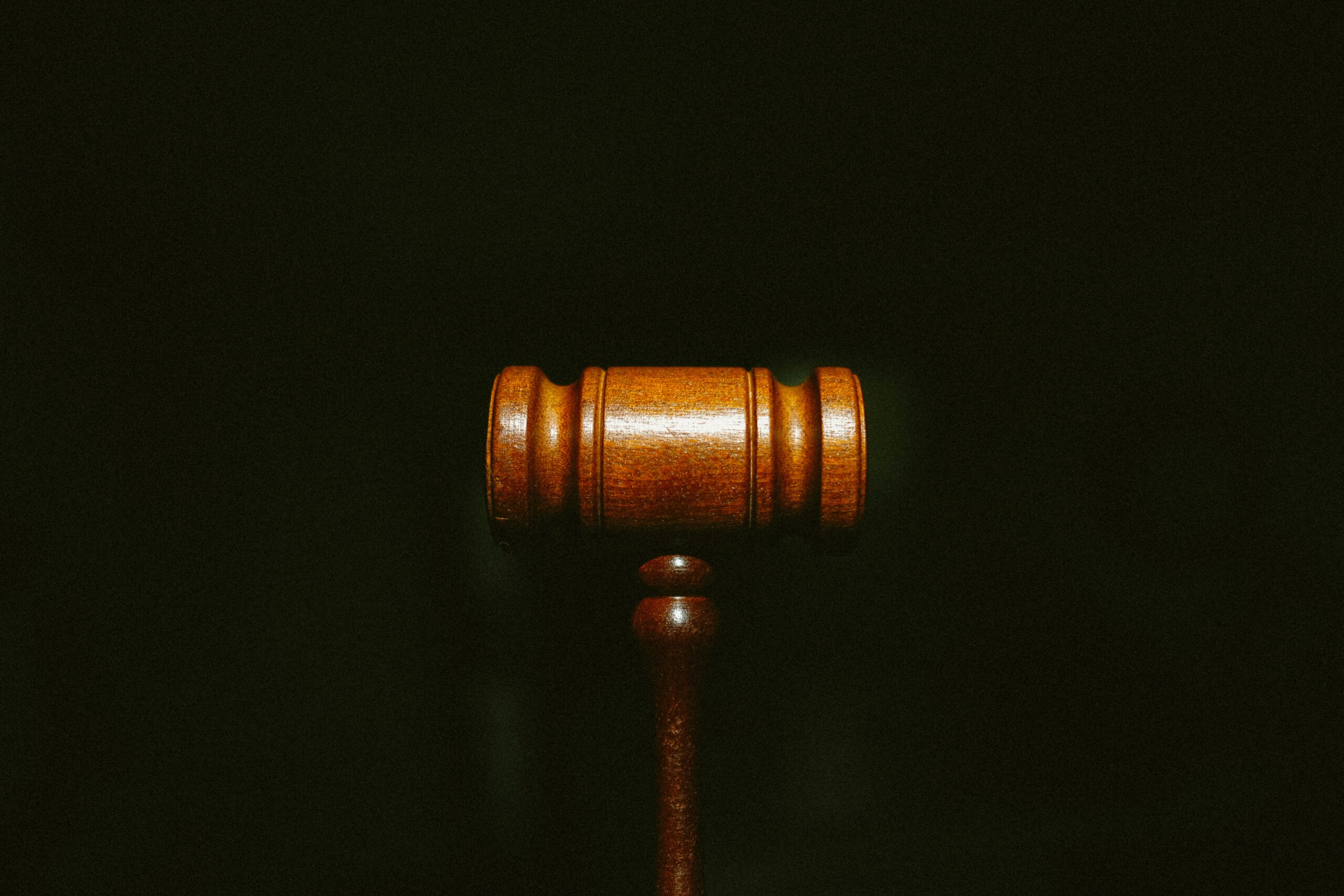
How to Complain Without Committing Libel
When you complain, you can be rude, funny, outrageous or sarcastic. However you choose express yourself, it is very important not to libel either an individual or a company. This can be surprisingly easy to do and could potentially land you in hot water.
In the age of social media, there are countless examples of people (most notably celebrities) who post material on their public pages and profiles only to swiftly encounter legal difficulties due to accusations of libel or defamation. A good example was the case of the Liverpool footballer who posted a picture of a match referee wearing a Manchester United top. The obvious albeit unspoken message of the post was that the ref was biased. The post was thus plainly defamatory in nature – despite the fact that this was only ever implied.
The broad legal heading for this issue is the law of defamation. This includes libel – things in writing, such as newspapers, online articles or even a good old fashioned letter. It can also include slander, which refers specifically to the spoken word.
To avoid any legal troubles, we should all be aware of the rules when it comes to libel and defamation. So how careful should you be when it comes to complaining?
- An email or social media posting could be defamatory if it contains outrageous lies about someone. For example, if it suggested that someone was a liar, a cheat or say a racist and this were patently not true it would be considered defamatory. The rather odd legal test that is applied is if the item in question “lowers the reputation” of the offended person in the minds of “right-thinking” people.
- To fall foul of the law of libel there has to be “publication” in the widest possible sense of the word. This is not just limited to putting something on the internet or in the media. If you were to email a complaint but then copy it to a wider audience such as several people in the firm concerned, or to your MP or to someone in the media, that would constitute publication for these purposes.
- There are defences to the laws of libel but you would need to be sure of your ground. Most importantly, if your remark is demonstrably true it cannot be defamatory – nor can you defame someone who is dead. Taking the referee example above, an accusation of bias supported by irrefutable evidence of the referee being bribed would be a complete defence. There are other more technical defences.
In the age of mass email traffic, postings on X or anywhere else, it is all too easy to be casual about comments that might be said in the spur of the moment – or even in jest – but which could lead to dire consequences.
If you find yourself on the wrong end of a libel claim it hardly needs to be said that this could be very expensive and time-consuming. Moreover, it might have disciplinary consequences if your libel were linked to your job or your wider reputation.
My advice to anyone thinking about airing their grievance in a public forum is, above all, to be careful.



